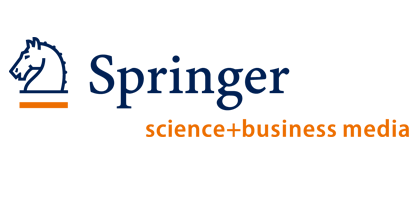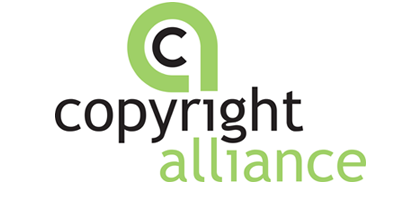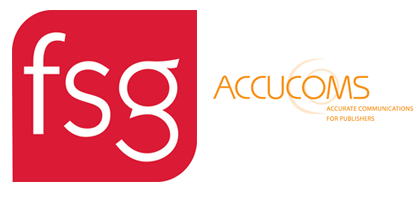The Institution of Engineering and Technology (IET) has announced a partnership with Publishing Technology to redevelop and extend its Digital Library, the central access point for the organization’s full text content online.
The new website, to be developed on Publishing Technology’s pub2web platform, will be home to IET journal, eBook, magazine and conference content dating as far back as 1872 and integrating more than 185,000 articles. The platform will eventually also incorporate access to IET.tv and its archive of 3,500 videos, all utilizing pub2web’s innovative data storage solution, the Metastore.
The revamped Digital Library will offer the academic and corporate research audiences and the IET’s 150,000-plus international membership an improved, user-friendly online experience, more efficient discoverability and search capabilities driven by pub2web’s unique semantic technology and integration of IET’s taxonomy. The IET will benefit from having a single aggregated platform for all of their content under pinned by industry-standard architecture that is both flexible and highly interoperable, providing efficient processes and workflow between core systems as well as safe-guarding IET’s future integration needs.
Daniel Smith, Head of Academic Publishing at the IET, commented: “With the recent addition of eBooks and two new journals launching this year, this is an exciting time for IET academic and digital publishing. The redevelopment of the existing IET Digital Library will provide users with easier access to the information that they need and flexible e-commerce options as well as offering us a firm foundation for our future digital strategy. As an established player in this field, Publishing Technology provides us with an excellent partner for future development but also the reassurance of a smooth migration”.
“We are delighted to be partnering with the IET on this important project” stated Louise Russell, COO of Online Solutions at Publishing Technology. “The pub2web platform provides a smooth migration path with immediate benefits. pub2web’s approach to content storage and delivery is completely content agnostic, allowing the IET to bring together all of its content within a single platform, where each content type is modelled, stored and delivered according to its unique needs, bringing important benefits for the end user experience as well as new product and revenue opportunities for the IET. But that’s just the start of a new digital strategy for the IET! We’re looking forward to collaborating with the IET on their future digital strategy over the coming years,” she concluded.



































